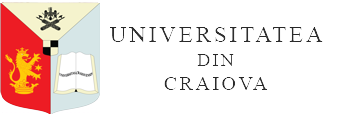Libertarian Historical-Theoretical Considerations about the "Obiceiul Pământului” in the Romanian Villages between the Fourth and the Nineteenth Centuries. A Study of Social History and Philosophy of Culture. Part II
DOI:
https://doi.org/10.52846/afucv.vi51.53Keywords:
„Obiceiul Pământului”, customary law, positive law, individual freedom, legal equality, responsibility, devalmas villages, stateAbstract
There is today among jurists or a widespread tendency to consider that the institutions of positive law, in their capacity as late creations of the modern state, can be considered, based on their ideal, formal, general, logical and rational, as independent realities, which can be studied in themselves, separated both by the living conditions of the society to which they apply, and by the manifestations of the popular spirit of the latter. However, modern legal norms are not established solely as a result of direct state action. Other sources are involved in their construction. Thus, at the base of the legal norms we discover the moral-practical doctrines, the jurisprudence, the tradition, but especially the customs. It is a series of primary sources through which the norms maintain their connection with the conditions and needs of social life, which, moreover, they norm. This finding leads us to say that legal institutions and norms are not the exclusive products of a well-determined state legislator, a logical, objective and general production of his imagination, will and especially reason, but the creation of an anonymous and continuous process of the whole cultural, the expression of a more or less long historical evolution of the human community on which it is reflected.


